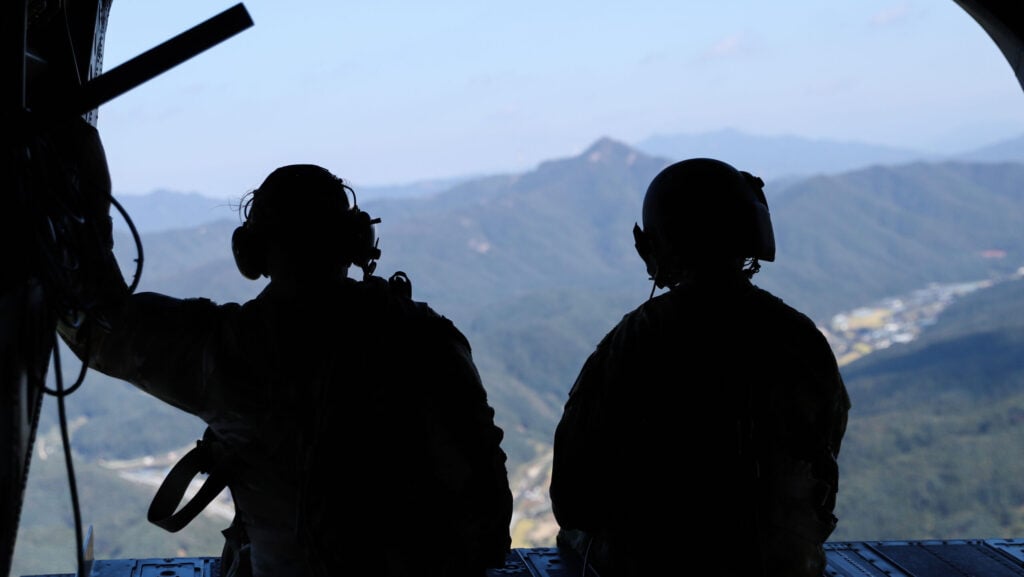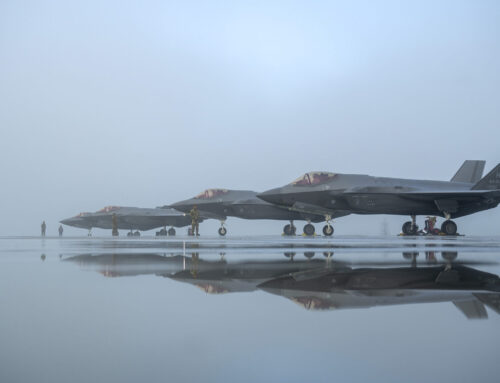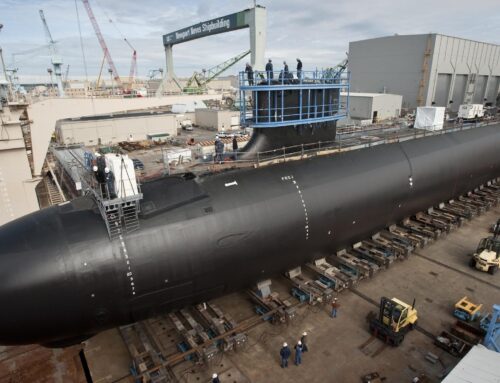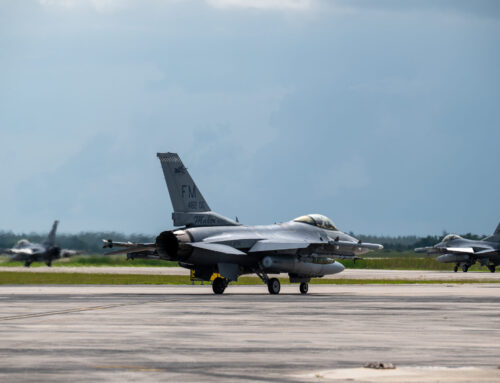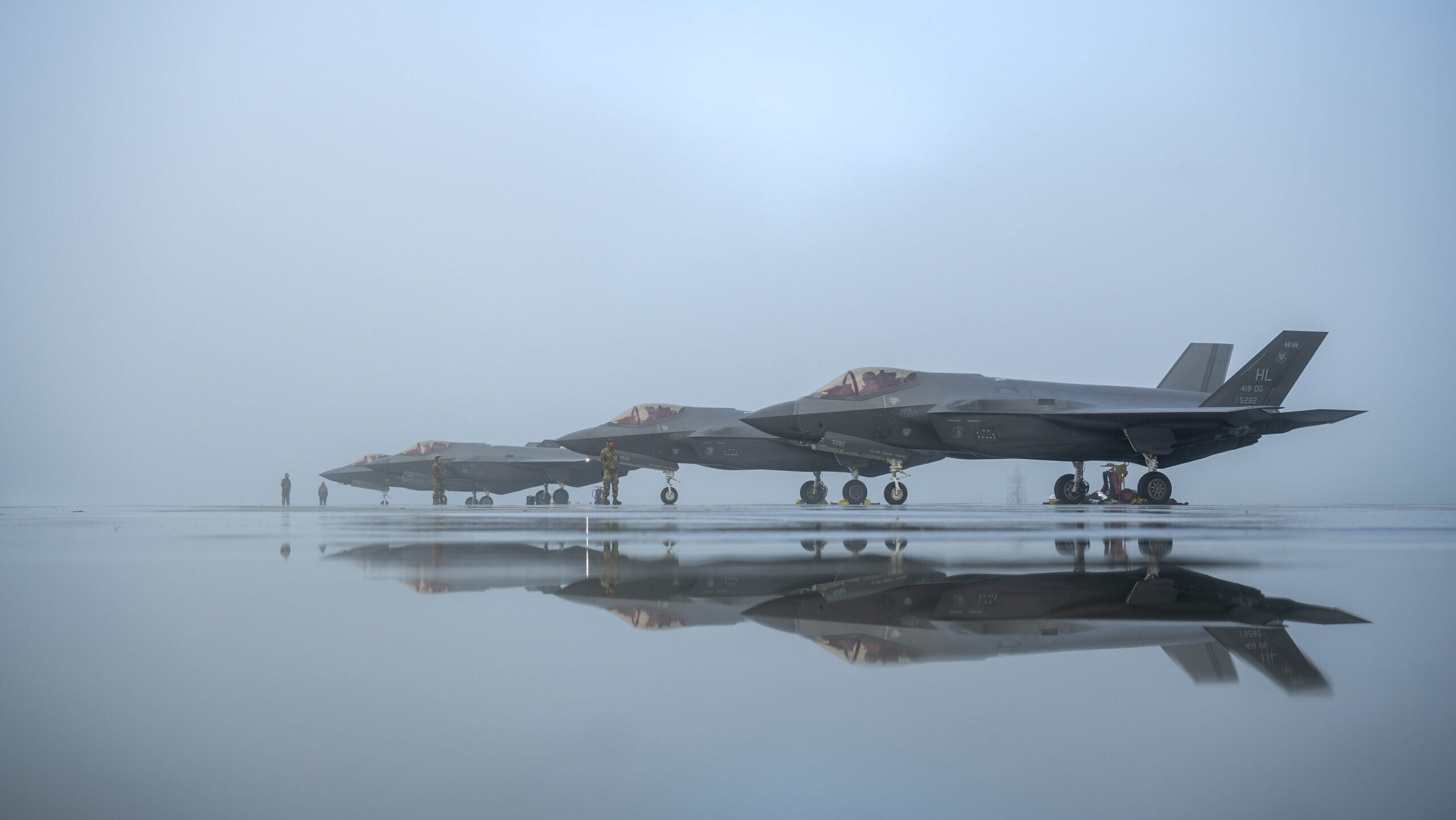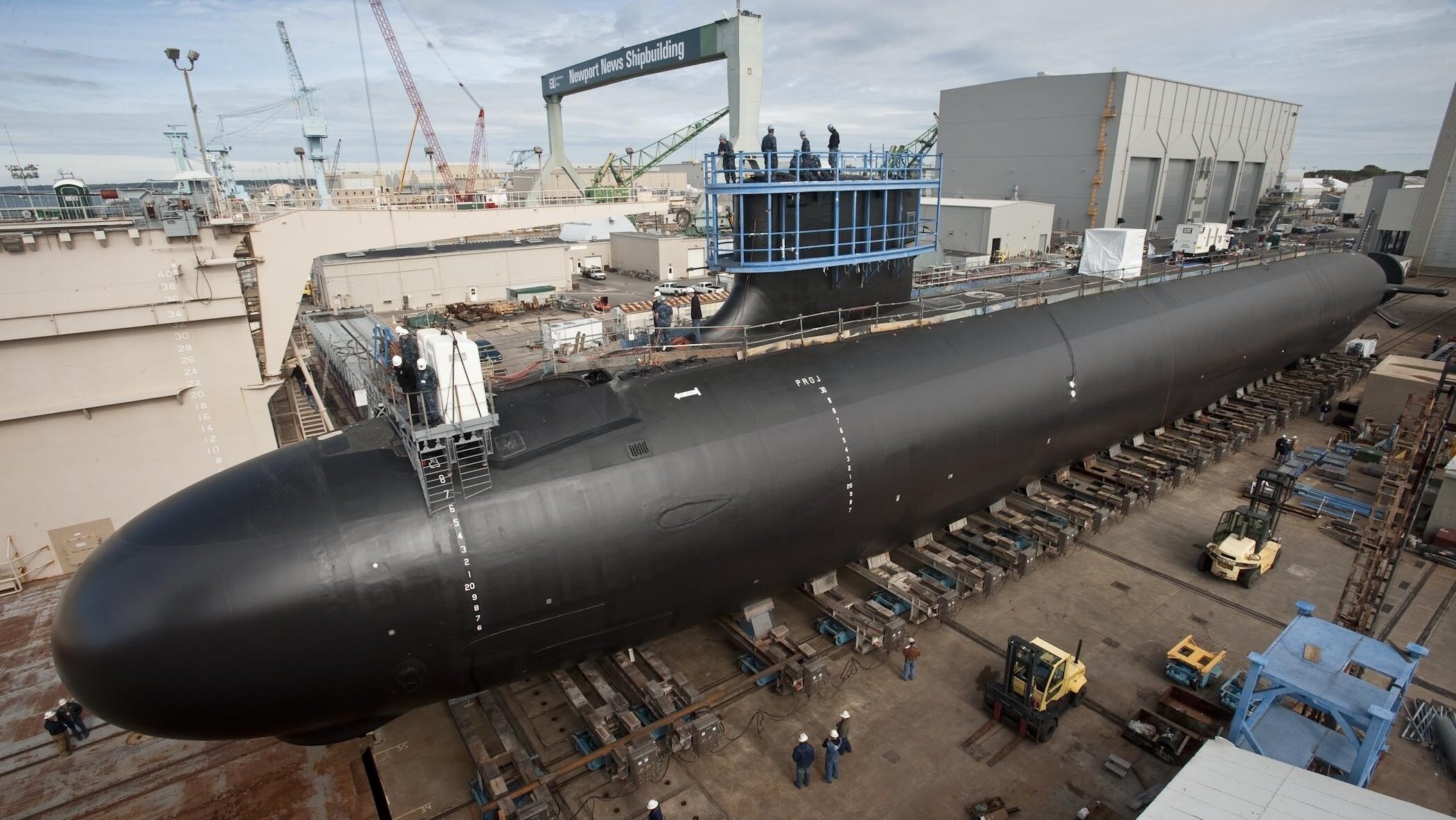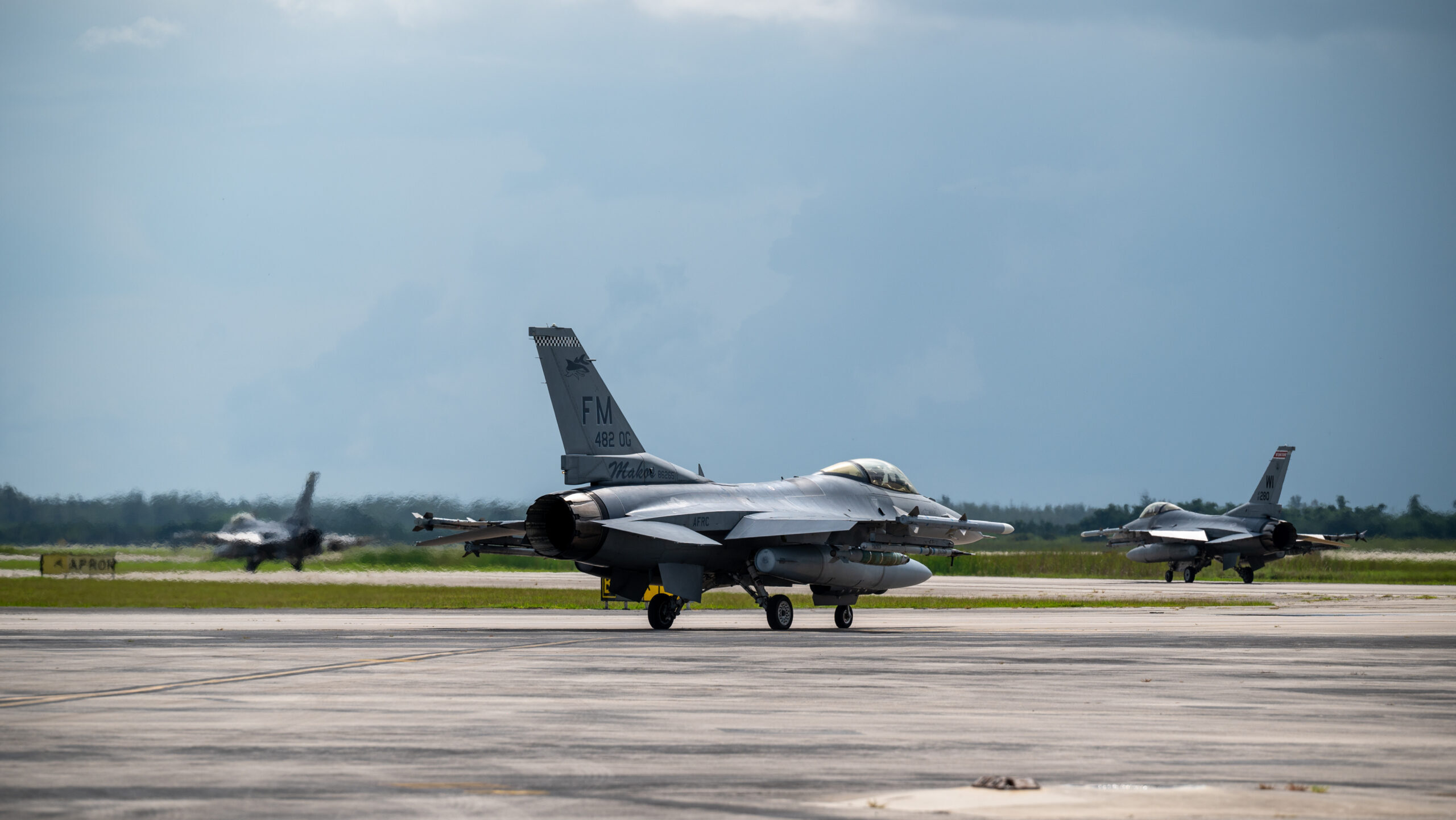US Army soldiers with 2nd Infantry Division Sustainment Brigade, 2nd Infantry Division/ROK-US Combined Division conduct a range tour of training locations in South Korea, Oct. 11, 2022 (US Army/Sgt. Evan Cooper)
WASHINGTON — Senior US and South Korea defense acquisition officials took the stage in Washington today, touting potential avenues for weapon coproduction, development and sustainment, spanning everything from artillery systems to robots.
As the US eyes China as its top strategic competitor and gleans lessons from the war inside Ukraine, it is working to set up bilateral military coproduction agreements with countries throughout the Indo-Pacific region, like a decision last year to produce Lockheed Martin’s Guided Multiple Launch Rocket System (GMLRS) munitions in Australia. And according to the head of South Korea’s Defense Acquisition Program Administration (DAPA) Seok Jong-gun and US Army acquisition head Doug Bush, there’s no reason that the two longtime allies can’t find projects to work together on.
From a US Army vantage point, Bush said it could “make a lot of sense” to either coproduce or sustain “traditional” weapons like helicopters, ground combat vehicles, artillery and infantry systems inside South Korea, Bush said.
“It’s really a win-win,” he added during the event at the Center for Strategic and International Studies.
“The advanced, very technologically capable, defense industrial base that can clearly support us logistically including through maintenance of aircraft, for example, where we share fleets already, we already operate similar aircraft, that would make a lot of sense, but also in working overtime on production cooperation and sharing of resources,” Bush said.
Speaking through a translator, Seok agreed and also cited a keen interest in developing new, unmanned weapons with the US, especially at a time when his nation’s population is shrinking.
“It’s hard to have enough force, human resources…. We have to apply that to the weapons system and use that as a game changer in our battlefield environment,” he said.
“We need co-r&d [research and development], coproduction, and cosustainment and cooperation,” Seok added. “We need to be able to cooperate in various sectors so all this manned and unmanned systems will replace our traditional systems.”
For decades, South Korea has maintained a robust defense industry, but one focused on internal defense. In recent years that has shifted, with Korean firms netting major wins around the globe thanks, in part, to coordinate support from Seoul.
Accordingly, Seok used today’s venue to tout Seoul’s defense industrial base push to break into the US market, especially inside the artillery realm. Specifically, he called out Hanwha’s interest in entering its K9 Thunder 155-millimeter self-propelled howitzer into a US Army competition for a new mobile howitzer. And Bush, for his part, sounded interested.
“The K9 system, as a 52-caliber 155-mm system, is very advanced [and] in some ways more advanced than our systems because, for example, it has an automatic loading capability,” Bush said, acknowledging the system as a potential candidate for a competition. While he did not discuss the pending competition further, he noted South Korea’s “ability to do end-to-end production of artillery ammunition…which is extremely important.”
Earlier this year, the service announced it was halting all work on its Extended Range Cannon Artillery (ERCA) platform prototype, a bid to add a 30-foot, 58-caliber gun tube to BAE Systems’ Paladin M109A7 self-propelled howitzer. The goal, up until then, was to use the modified artillery platform to launch 155-mm rounds out to 70km, an increase from the current max range of up to 30km.
More broadly, Bush emphasized, having a partner able to produce weapons used by the US military in country is hugely helpful when considering a regional conflict.
“The importance of having things forward with our allies on the ground in place, rather than having to rely on very long supply chains back to the United States, especially in a conflict — building up those stocks, repair parts, repair capability ammunition stores — is both deterrence, but also would help overcome fighting a sophisticated enemy who attacked our supply chains in our state and our supply routes,” Bush said.


